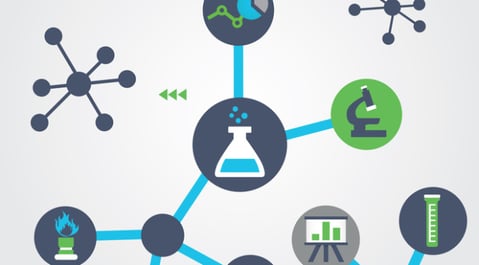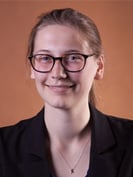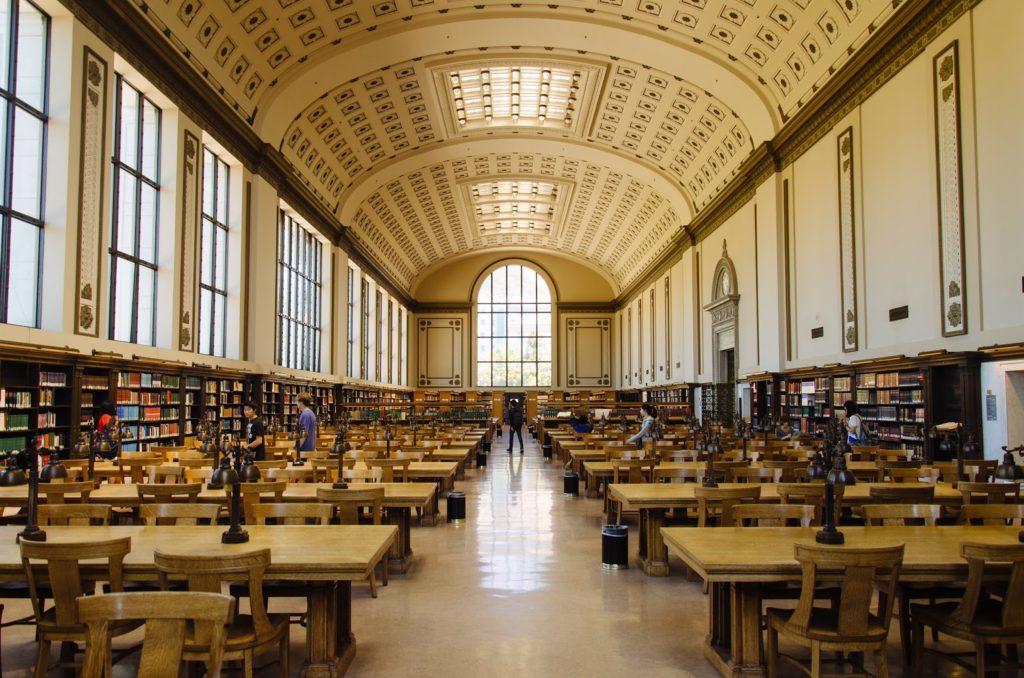At my very first Point Foundation conference in 2014, I had the opportunity to hear Janet Mock speak. She introduced me to the concept of a ‘possibility model’- someone who reveals one possible way of being human in this world to you. After feeling a little lost at my school for the last couple years, this summer I finally found some possibility models that resonated with me when I participated in a research program at my school. The Student Mentoring and Research Team program at UC Berkeley pairs undergrads with PhD students to conduct research and receive mentorship. Through this program, I met some awesome, compassionate scientists, and finally started feeling like a scientist myself.
It was illuminating to see how science works beyond the textbook. This summer, I was analyzing environmental data from watersheds in West Africa. As it turns out, real-life problems are infinitely more complex than homework problems from textbooks. Science involves many more hours of mundane tasks, confusion, and mistakes than I expected. I spent hours downloading data from a database, and weeks working to format and ‘clean’ it so we could analyze it. It was tedious, and there was no big ‘Aha!’ moment at the end. But there were plenty of small moments of discovery for me. My mentor really pushed me to take responsibility for the project and work outside my comfort zone. Because of that, I learned and developed skills much faster than I could have in a classroom setting.
I also learned a lot about the ethics of science. My mentor was a great possibility model of how to be a socially conscious scientist. It was fascinating to hear how she chose what projects to take on, carefully balancing projects that are immediately applicable to improving people’s lives with projects that are ‘cutting edge’ science, but far away from application.

It was also interesting seeing how my mentor navigated the often complex politics of science. For example, the dataset we used was from an international, collaborative project to gather high-quality environmental data in West Africa to better understand its monsoon system. This data is extremely important because historically, there is very little data available in the region, and understanding the monsoon is important for food security, and mitigating the risk of floods. However, the project would not have happened without the heavy involvement of French organizations, whose interest in this topic stems from their colonization of West Africa. Using the data, without knowing about and recognizing the history that led to its collection, would decontextualize the science and erase the violence and trauma that made it possible. All too often, the science and engineering classes I take refuse to recognize the historical, political, and social context of the course material. This summer, I had the chance to experience one way that scientists grapple with the difficult and painful context of their work, hopefully making me more prepared to do the same in my future work.

This summer, more than anything, I learned how little I actually know about science and how it fits into the world. But I also learned that I’m in good company. I got to see professors and PhD students openly admit their confusion and struggles, something you rarely see in the classroom. I was lucky enough to work in a lab where collaboration and kindness were valued just as much as knowledge. This summer showed me that I AM a scientist, even though I am just beginning to learn. It gave me confidence that I do have things to contribute to a lab, and that I have the ability to learn as I go along. I am more excited than ever about pursuing a career in science and engineering, and gave me more confidence to pursue the great, but often intimidating, opportunities that are open to me.

This post was written by Point Alum Alexa

